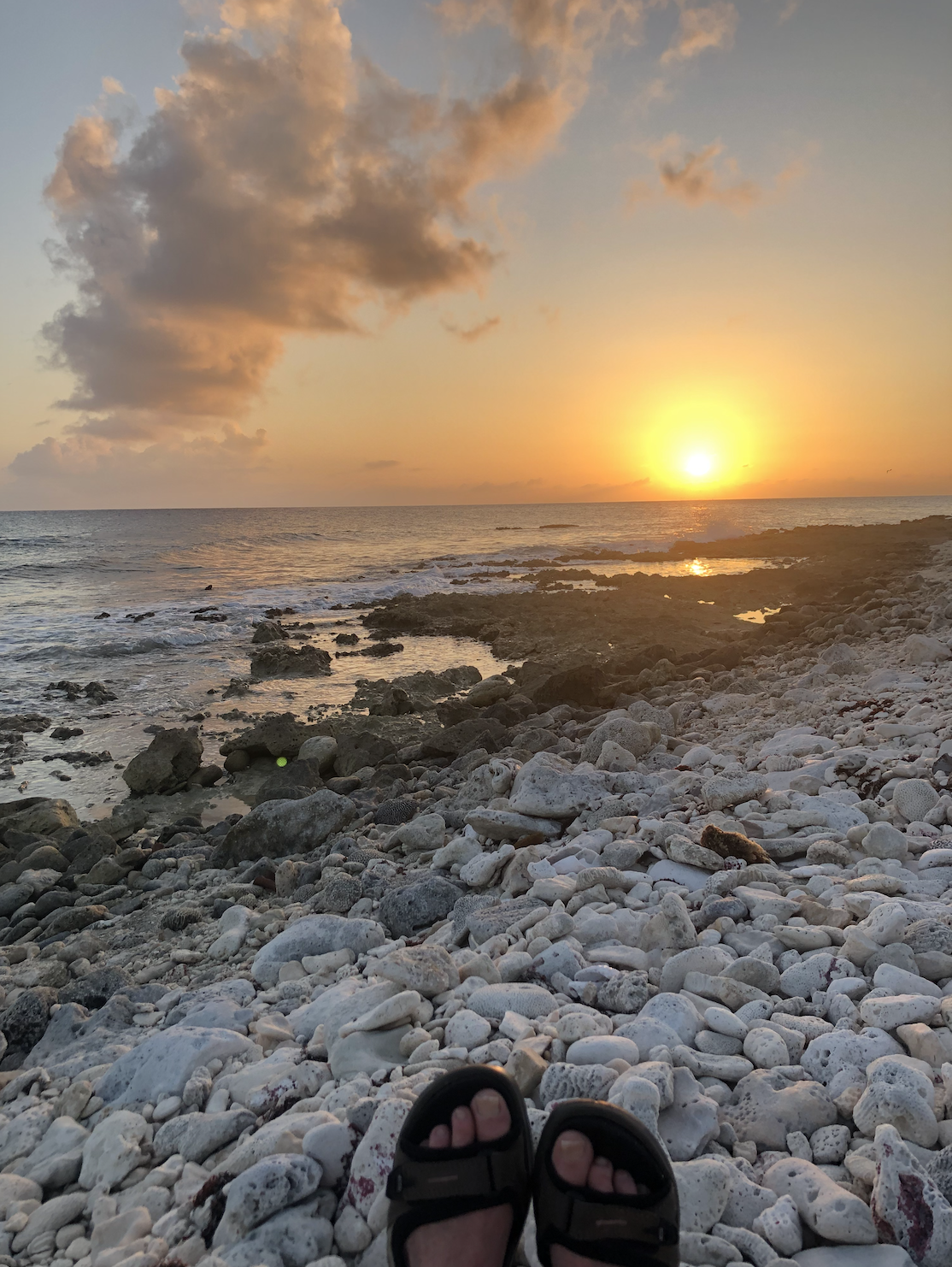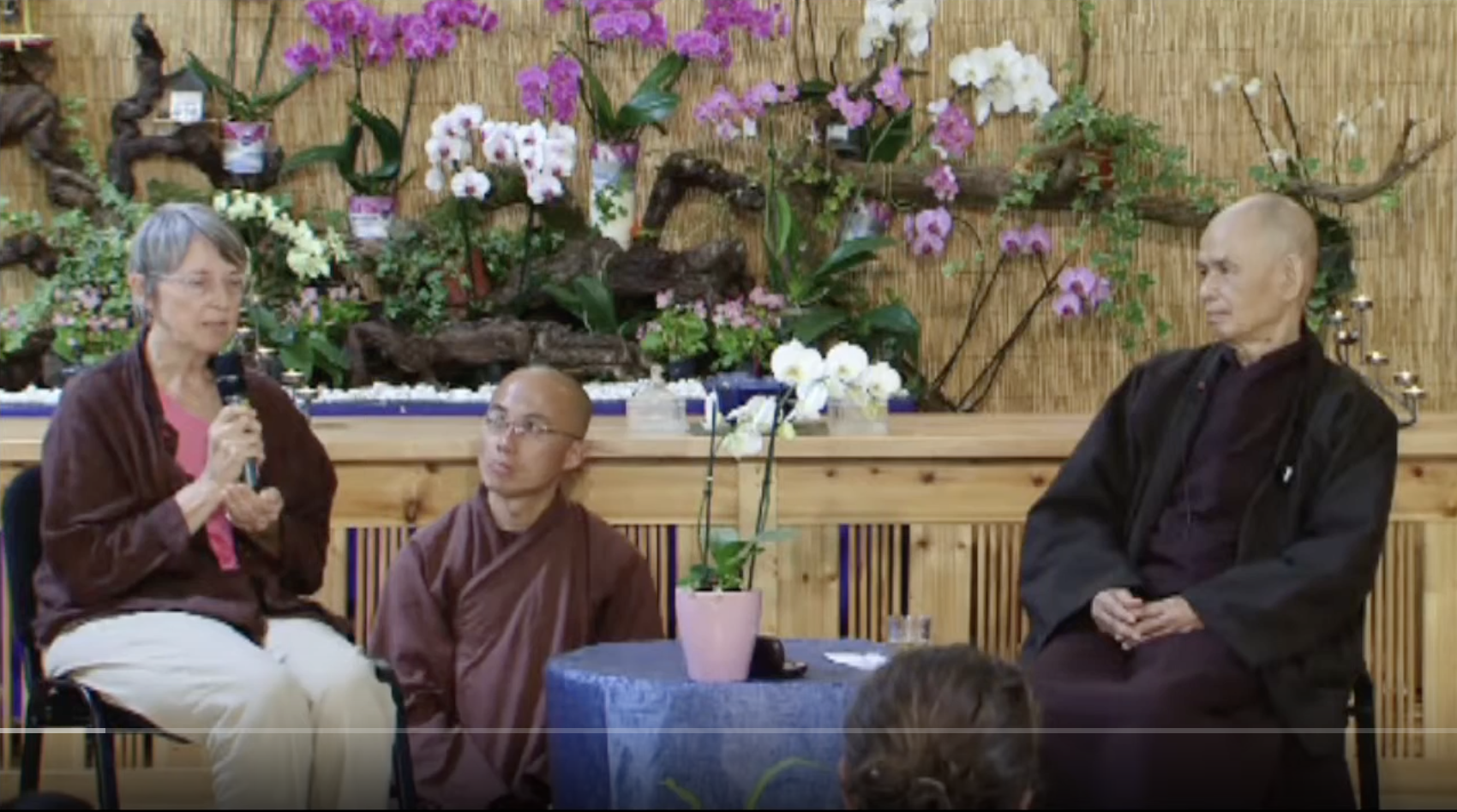Dear friends,
This Monday at sangha, we will recite the Five Mindfulness Trainings together. The Mindfulness Trainings were suggested by the Buddha for lay (non-monastic) practitioners and modified over the years by Thich Nhat Hanh and Plum Village. They are suggested ways we can practice and live with compassion and understanding; they are not commandments.
This week we will focus on the Fifth training: Nourishment and Healing:
Aware of the suffering caused by unmindful consumption, I am committed to cultivating good health, both physical and mental, for myself, my family, and my society by practicing mindful eating, drinking, and consuming.
I will practice looking deeply into how I consume the Four Kinds of Nutriments, namely edible foods, sense impressions, volition, and consciousness. I am determined not to gamble, or to use alcohol, drugs, or any other products which contain toxins, such as certain websites, electronic games, TV programs, films, magazines, books, and conversations.
I will practice coming back to the present moment to be in touch with the refreshing, healing and nourishing elements in me and around me, not letting regrets and sorrow drag me back into the past nor letting anxieties, fear, or craving pull me out of the present moment.
I am determined not to try to cover up loneliness, anxiety, or other suffering by losing myself in consumption. I will contemplate interbeing and consume in a way that preserves peace, joy, and well-being in my body and consciousness, and in the collective body and consciousness of my family, my society and the Earth.
The heart of this training is about not using consumption to distract us from the present moment or cover up suffering. These days we have more distractions than ever and one of the distractions most difficult to refrain from consuming is our technology.
We can use our technology as a bell of mindfulness allowing us to look more deeply at our habit energies. When we reach for our phone, computer, email, or social media, what are we avoiding? Annie tried an experiment with an online journal in which every time she felt the urge to look at her phone she opened the journal app and wrote about it. Most of the time when reaching for her phone she was feeling worried about something or wanting stimulation...

























